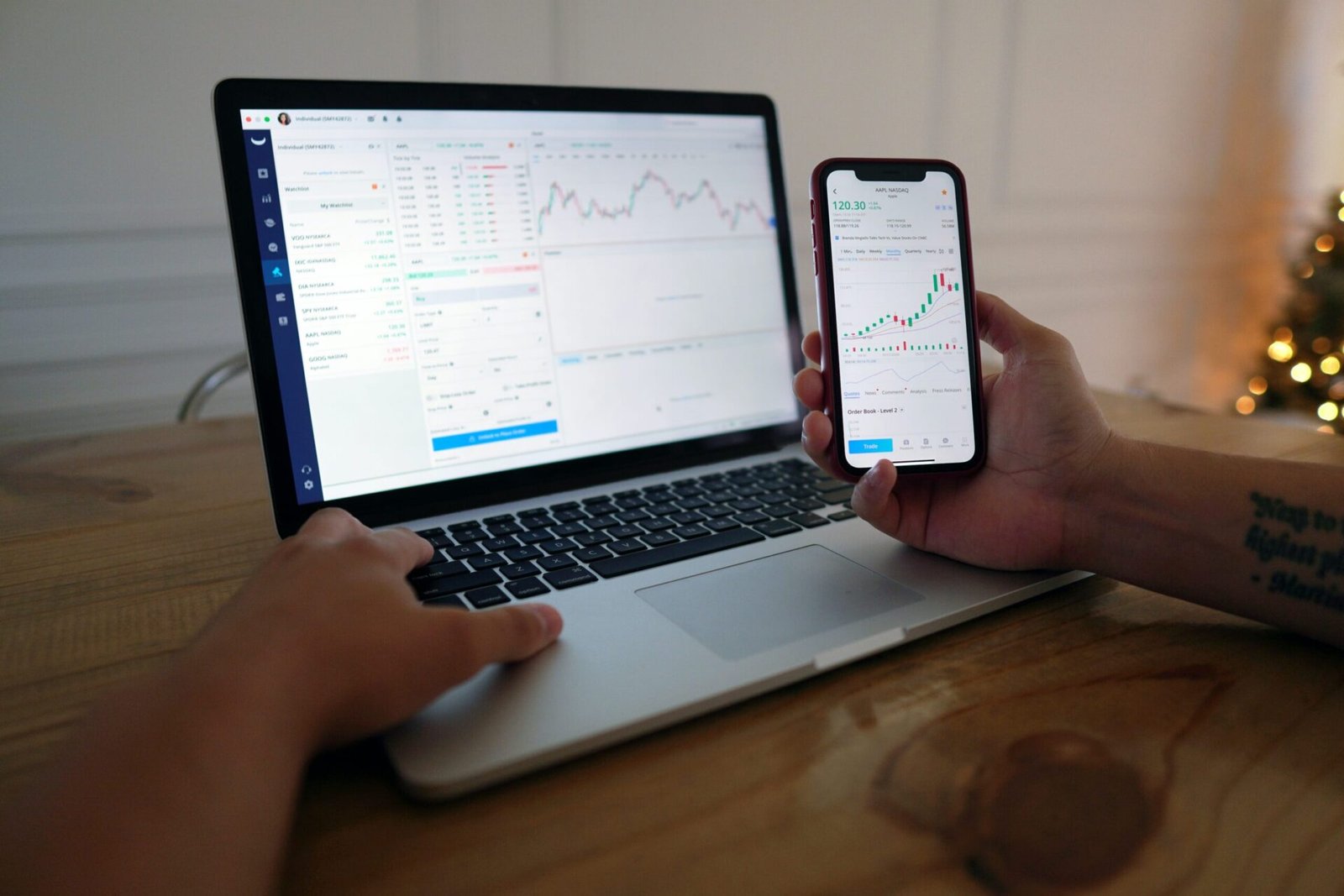What is Margin Trading?
Margin trading is a practice in financial markets where traders can borrow funds from a broker to trade larger positions than their account balance would allow. It involves using leverage to amplify potential profits or losses.
Should You Trade with Margin?
Whether or not to trade with margin depends on your risk appetite, trading experience, and financial goals. Margin trading can be a powerful tool for experienced traders looking to maximize their potential returns. However, it also carries significant risks and is not suitable for everyone.
Advantages of Margin Trading
- Leverage: Margin trading allows you to control larger positions with a smaller amount of capital. This can potentially lead to higher profits if the trade goes in your favor.
- Increased Trading Opportunities: With margin trading, you can participate in a wider range of markets and take advantage of short-selling opportunities.
- Hedging: Margin trading enables you to hedge your existing positions, reducing the risk of potential losses.
- Portfolio Diversification: By using margin, you can diversify your trading strategies and access different asset classes, such as stocks, commodities, or currencies.
- Flexible Repayment Options: Brokers usually offer flexible repayment options, allowing you to manage your margin debt according to your financial situation.
Disadvantages of Margin Trading
- Increased Risk: Trading on margin amplifies both potential profits and losses. If the market moves against your position, you could face substantial losses that exceed your initial investment.
- Margin Calls: If the value of your margin position falls below a certain threshold, your broker may issue a margin call, requiring you to deposit additional funds or liquidate your position. Failure to meet a margin call can result in forced liquidation.
- Interest Costs: When you trade on margin, you borrow funds from your broker and are charged interest on the borrowed amount. These interest costs can eat into your profits.
- Emotional Stress: Margin trading can be psychologically challenging, as the use of leverage can intensify emotions and lead to impulsive decision-making.
- Market Volatility: Margin trading exposes you to increased market volatility, and sudden price fluctuations can result in significant losses.
Conclusion
Margin trading can be a powerful tool for experienced traders, offering opportunities for higher profits and portfolio diversification. However, it is essential to understand the risks involved and carefully manage your positions. If you are new to trading or have a low-risk tolerance, it is advisable to gain more experience and knowledge before venturing into margin trading. Always consult with a financial advisor or broker to determine if margin trading aligns with your financial goals and risk tolerance.






Be First to Comment